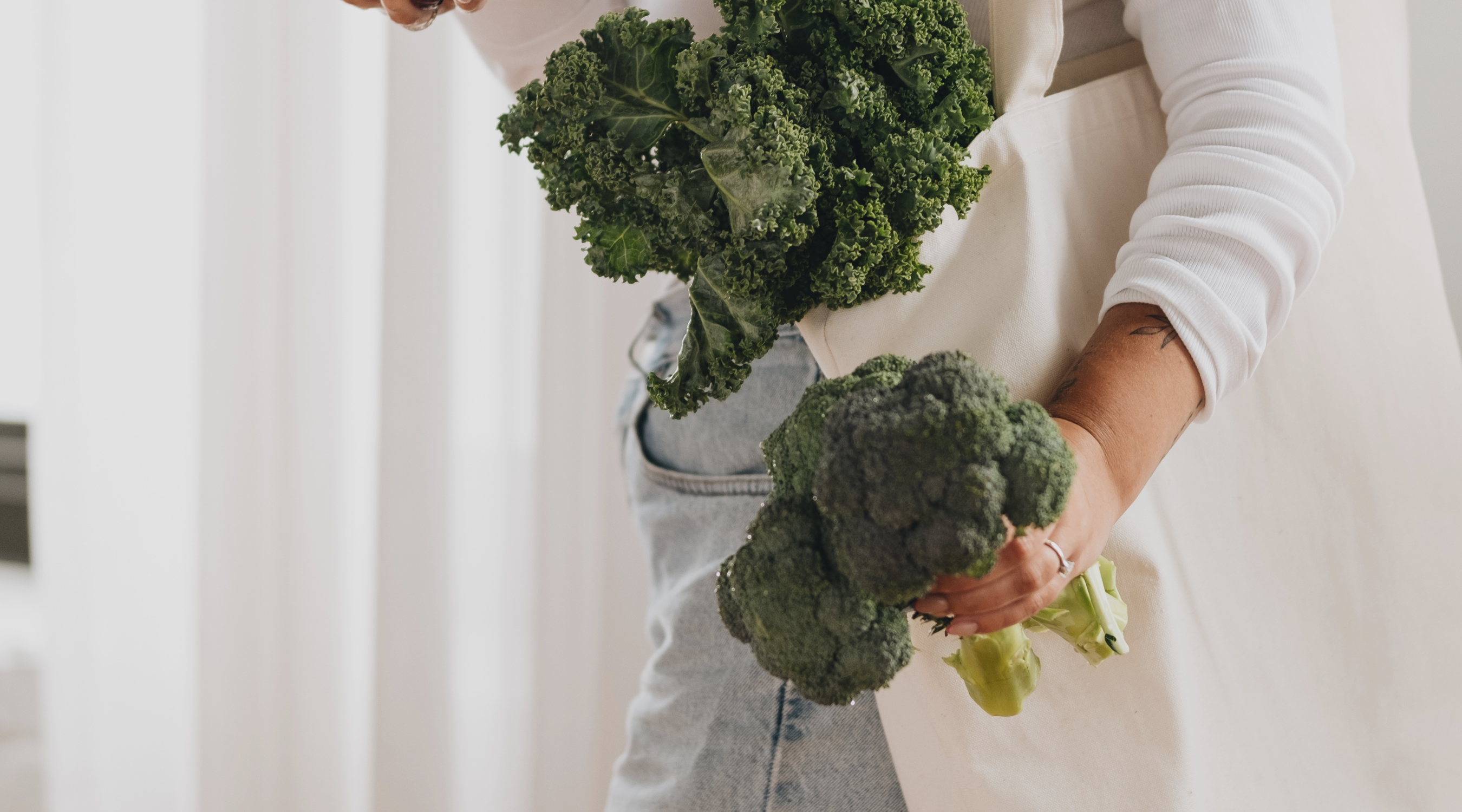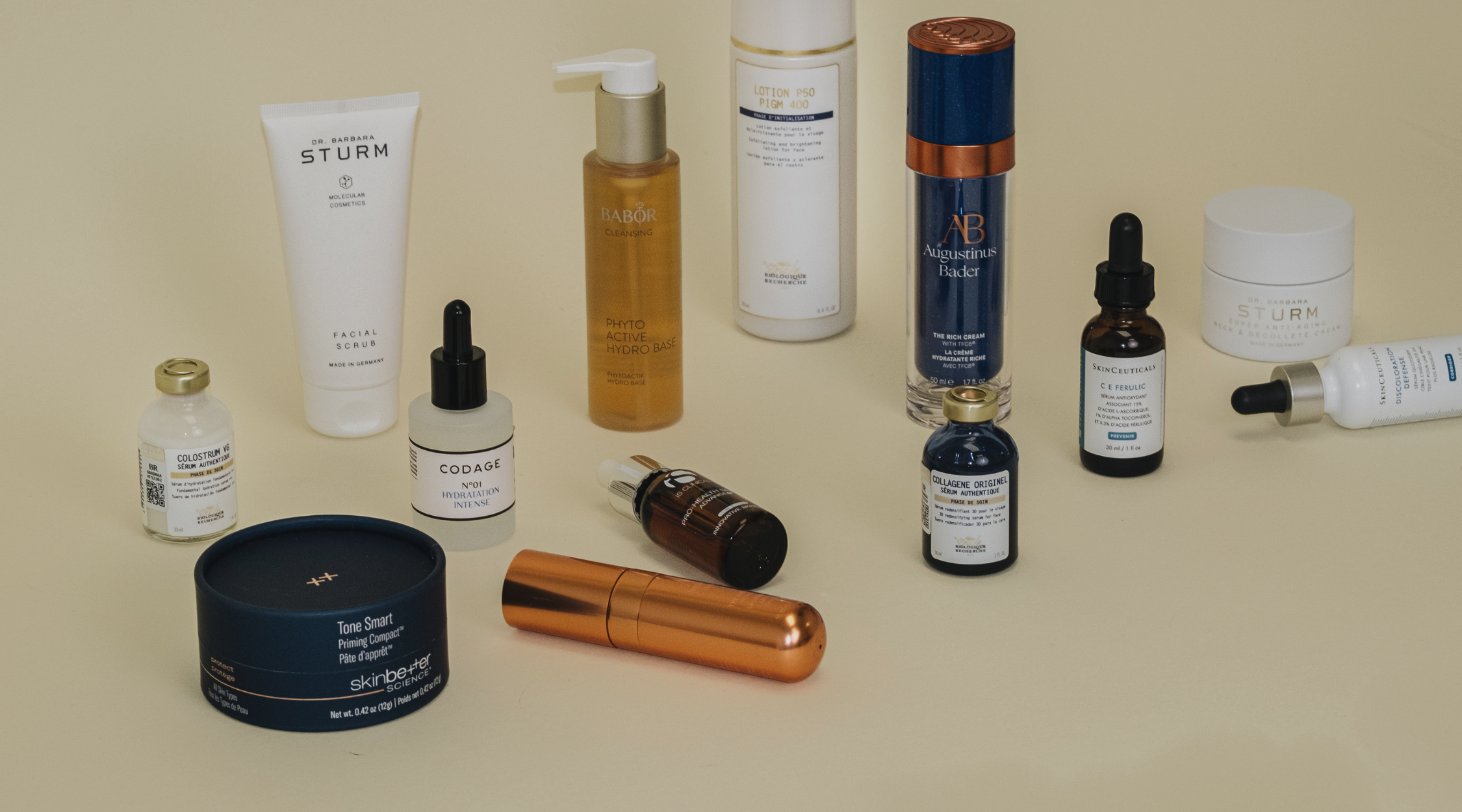
Go Organic & Why
In our modern world of depleted oils, environmental toxins, and long-to-do lists, we must remember how to eat to nourish our cells. We should pay more attention to the fact that real food is natural energy. Additionally, with all the crazy diets, fads, and trends, what to eat has become confusing.
Our body was not designed to ingest and assimilate food-less foods but to work with nature, not against her. The natural environment that once existed has undergone dramatic changes at the hands of man. Modern agriculture in the past 60 years has changed the essence of what is presented as food.
The food processing industry has done a great job of lining our grocery shelves with attractive and “tasty “ substances labelled with enticing swarthy catch-like words like “added fibre,” “omega,” “calcium,” and so on. These products fool the masses but are also deficient in vitamins, minerals, enzymes, and fibre, removed and fortified with artificial ingredients -so much so that we can scarcely call them food anymore.
The most dramatic change in our food quality has come from the nutrient condition of our soil. Why? The main reason is the herbicide glyphosate, Monsanto's signature herbicide, known as “Roundup,” and its 1996 co-product, Roundup Ready, the most widely and heavily applied weed-killer in the history of chemical agriculture globally.
For 30 years, studies have concluded that glyphosate is safe for humans, yet in 2015, the World Health Organization’s International Agency for Research on Cancer ( IARC) classified glyphosate as “probably carcinogenic to humans,” demonstrating an association between glyphosate and non-Hodgkin’s lymphoma and lung cancer.
Optimum gut health is naturally a function of nature and not a function of unnatural chemicals we use to fertilize the soil and spray over otherwise healthy crops. A healthier produce comes from healthier soil, which helps the bacteria in our gut become superstars.
The organic movement began in the 1940s as a reaction to agriculture’s growing reliance on synthetic fertilizers and pesticides. Organic food contains few chemicals, synthetics, irradiation, genetically modified organisms, or sewage sludge. Yet here we are in 2024, and clients are still asking me if they have to buy organic food. With more and more health food stores popping up, regenerative farming, and more organic food choices in the supermarkets, we can see that there has definitely been a shift in that direction, but are we paying attention?
The other excuse I get is that organic food is expensive. Yes, it can add up if you continue to buy processed foods. But if you stop buying all that food-less food, you will certainly have the means to “go organic."
Until next time,
Frances










Leave a comment
This site is protected by hCaptcha and the hCaptcha Privacy Policy and Terms of Service apply.